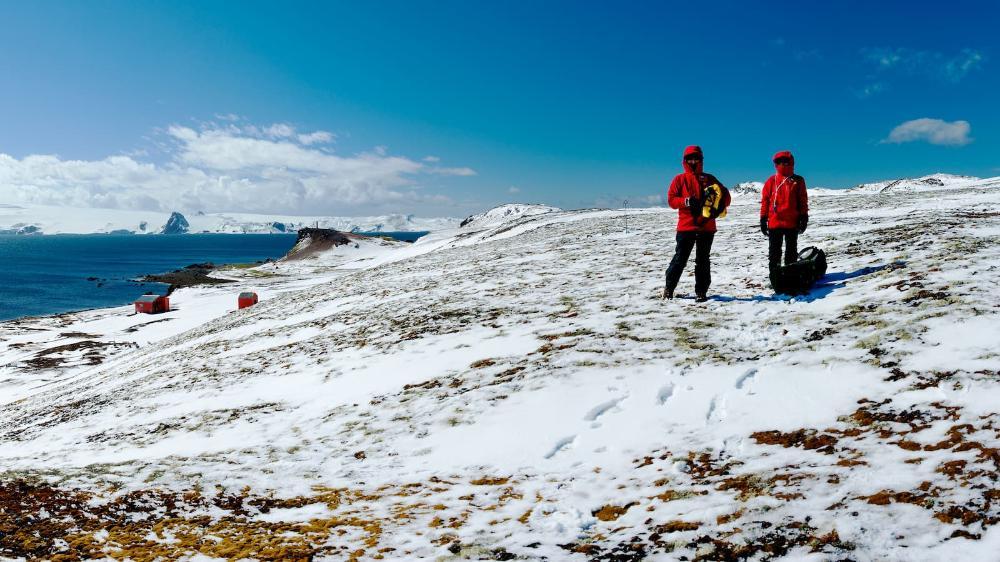Insufficient monitoring leaves gaps in our knowledge of Antarctica's unique lifeforms and ecosystems – and their global significance
A new paper led by University of Wollongong researchers calls for the urgent expansion of long-term monitoring programs to better understand and protect Antarctica's often overlooked ecosystems. The scientists, from Securing Antarctica's Environmental Future (SAEF), warn that as climate change and environmental pressures reshape the southernmost continent, sustained research equips conservationists and governments with the data needed to develop effective management strategies, anticipate future challenges, and create policies that ensure Antarctica's unique biodiversity is adequately protected.
The study highlights that large-scale monitoring is needed to safeguard all Antarctic life; not just cute penguins but also the flora and fauna that are essential to the ecosystem. Antarctica's biodiversity is deeply intertwined with that of other continents; its decline will have consequences for communities, ecosystems, and wildlife across the globe.

"Antarctica's biodiversity is still largely a mystery. From emperor penguins to freeze-tolerant plants and tiny animals to microbes that live on air, how are they responding to growing threats?" study lead author Dr Melinda Waterman said. "Many of the species thriving beneath the ice shelves and across the harsh tundra are so little studied we're only beginning to understand their roles. Long-term monitoring is our window into this hidden world, showing how subtle changes can ripple through entire ecosystems."
The researchers reviewed nearly 140 long-term studies that monitored Antarctic animals and plants for more than three years. More than half spanned 10 years or longer but most long-term studies focused on penguins and marine mammals. Smaller life forms, such as mosses and lichen, spawned fewer studies. Most research was concentrated on the more accessible West Antarctic Peninsula, with few studies in remote East Antarctica.
Distinguished Professor Sharon Robinson AM, who has spent more than 30 years studying Antarctic plants, said tiny organisms support the continent's entire food web. "Every moss patch, microscopic worm and deep-sea coral is part of a fragile balance. If we lose them, the consequences could be global. Sustained research gives policymakers the evidence needed to act on climate change and help Antarctica's wildlife endure."
Long-term monitoring allows scientists to separate short-term fluctuations from longer-term shifts, an essential step as Antarctica faces unprecedented environmental changes. These studies inform global understanding of ecosystem resilience under climate change, providing critical data for conservation, management and policy in a rapidly transforming world.
About the research
'Research bias in long-term monitoring of Antarctic nearshore marine and terrestrial biota', co-authored by Shae Jones, Diana King, Vonda Cummings, Sharon Robinson, and Melinda Waterman, was published in Global Change Biology: https://doi.org/10.1111/gcb.70392






